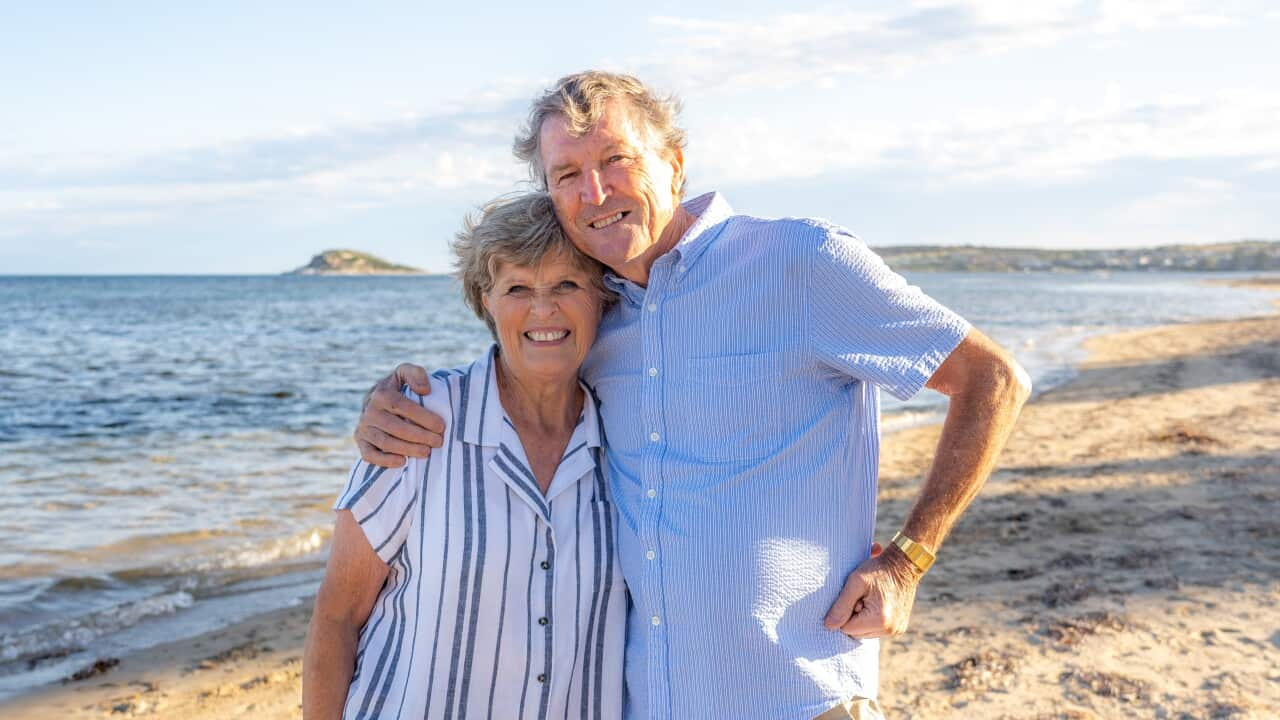Want a long life? Live in Australia.
At least that's what a recent study that compared our longevity with five other high-income English-speaking countries concluded.
A paper published last month in the medical journal BMJ Open analysed the average life expectancies in Australia, Canada, Ireland, New Zealand, the United Kingdom, and the United States between 1990 and 2019.
It found that Australians' life expectancy surpassed that of Canadians in the early 1990s to claim the top spot — and has stayed there.
The average life expectancy for an Australian born in 2019 was 83.24 years — around two years longer than the average Brit and more than four years longer than the average American.

Australian females born in 2019 have a life expectancy of 85.27 years. Source: SBS News

Australian males born in 2019 have a life expectancy of 81.2 years. Source: SBS News
Australia also had the lowest level of "geographic inequality", meaning the gap in life expectancy between rich and poor regions was narrower than our peers.
"Australia is clearly the best-performing Anglophone country," the paper said.
"While Australian men and women have lower mortality at nearly all ages, their mortality advantage at ages 45–84 accounts for the bulk of Australia's life expectancy advantage."
Why do Australians live so long?
Australia's high migrant population is one factor that could have contributed to our overall longevity.
Previous research has shown that immigrants tend to have a higher life expectancy than people living in the country they were born in, the paper noted.
Australians also seem to be healthier than a lot of our English-speaking peers.
We experienced a "less severe smoking epidemic" than other nations, especially the US and the UK, leading to fewer deaths from respiratory and circulatory diseases, and cancer.
The number of fatalities in Australia involving guns, drugs, and alcohol, also tends to be lower.
This could be to do with our "strong public health efforts", such as the 1996 gun law reforms and buyback programs following the Port Arthur massacre, and the creation of our national youth mental healthcare service, headspace.
On top of that, our healthcare system is of a high standard, with a 2021 Commonwealth Fund report finding it outperformed that of the UK, US, Canada, and New Zealand.
What's the average Australian's life expectancy?
Despite , Australia has continued to maintain a high life expectancy ranking compared to other countries.
The only nations ahead of us are Monaco and Japan, according to United Nations estimates.
The average life expectancy for an Australian born between 2020 and 2022 is 83.25 years, the latest Australian Bureau of Statistics data shows.

Australia continues to maintain a high life expectancy ranking, despite a slight decline due to the COVID-19 pandemic. Source: SBS News
The life expectancy for Aboriginal and Torres Strait Islander people continues to be than the average Australian.
First Nations males born between 2020 and 2022 can expect to live for just 71.9 years, and females for 75.6 years.











